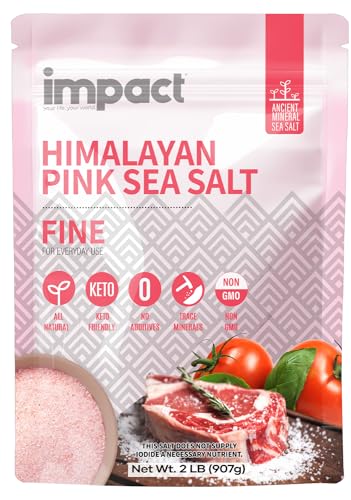Sea Salt

🛒 Purchase Options
Buy on Amazon Links on this page are affiliate links. If you use them to buy something, Prodcast
may earn a commission. Thanks for supporting Prodcast!
📝 Description
Sea salt is produced through the evaporation of seawater. It retains trace minerals from the water, which give it a more complex flavor compared to refined table salt. Depending on its source, sea salt can vary in texture, color, and mineral content, often used in cooking and as a finishing salt.
💬 Quote Context
"
Ideally, Himalayan or sea salt if you want to get fancy about it. But table salt would be fine.
"🎬 Effects of Fasting & Time Restricted Eating on Fat Loss & Health | Huberman Lab Essentials

🏷️ Categories & Tags
Categories:
Keywords:
sea salt
electrolytes
fasting support
mineral salt
🤖 Why This Product Was Mentioned
"The speaker recommends sea salt as an option for managing symptoms like lightheadedness during fasting, alongside Himalayan salt, to stabilize blood volume and offset perceived hunger or low blood sugar."
🛍️ Similar Products





